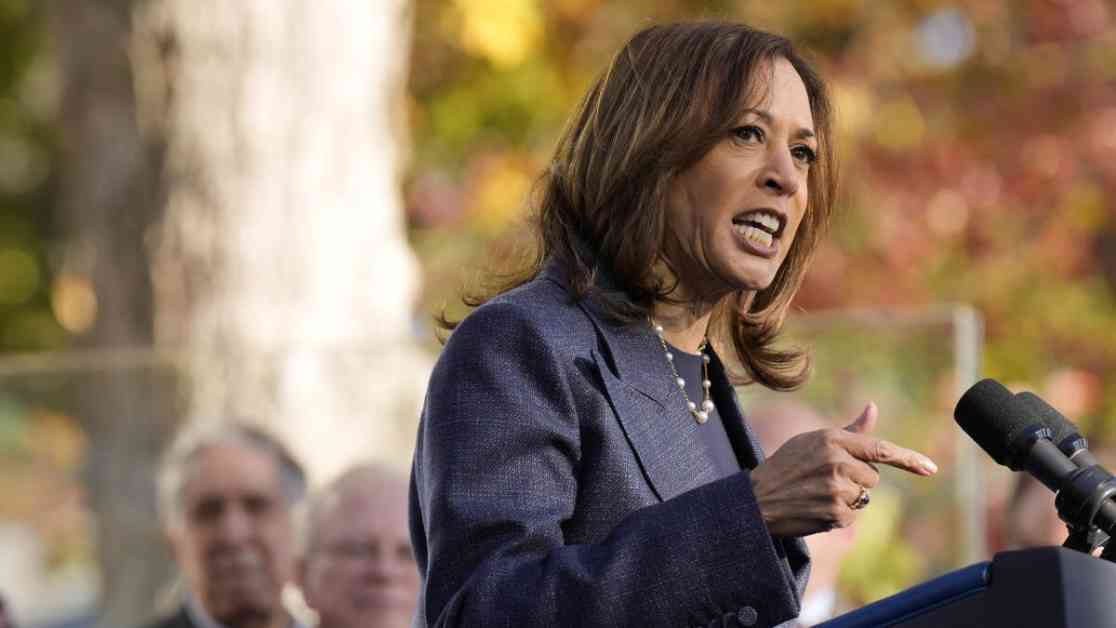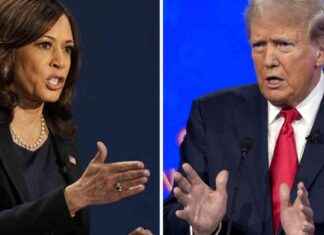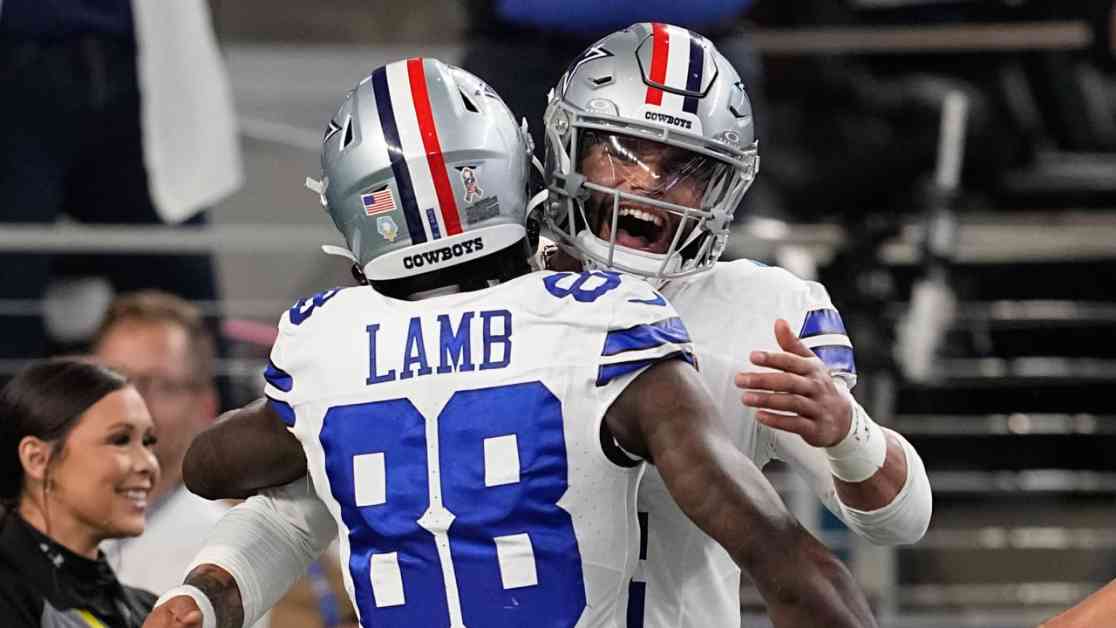In Washington Crossing, Pennsylvania, both Vice President Kamala Harris and former President Trump made efforts to appeal to voters beyond their usual support bases in a series of interviews. With less than three weeks until the election, the presidential race is heating up, and candidates are working to secure crucial votes.
During her interview with Fox News’ Bret Baier, Harris discussed border policies, taxpayer-funded benefits for transgender prisoners, and how her presidency would differ from President Biden’s. She emphasized bringing fresh ideas and new leadership to the White House, highlighting her experience outside of Washington, D.C.
On the other hand, Trump aimed to connect with Latino and women voters during appearances on Univision and Fox News. At a town hall in Georgia, he addressed the Supreme Court ruling on abortion rights and his support for in vitro fertilization. Trump claimed to be a proponent of IVF and emphasized the Republican Party’s stance on access to fertility treatments.
Both candidates’ efforts to reach diverse audiences reflect the competitiveness of the election and their strategies to broaden their support base. Harris’ interview with Baier was marked by tense moments, with the Fox News anchor frequently interrupting her responses. Despite criticism from the Trump campaign, Harris maintained her focus on highlighting Trump’s alleged unfitness for office.
In Bucks County, Pennsylvania, Harris gathered with a bipartisan group of Republicans to emphasize the importance of putting country over party. The event aimed to appeal to independents and Republicans who may be open to supporting Harris’ candidacy. The vice president’s campaign sees these outreach efforts as crucial in reaching a broader audience and showcasing Harris’ resilience in the face of tough questioning.
Meanwhile, Trump faced questions about his views on immigration, the Capitol insurrection, climate change, and his pandemic response during a town hall with Latino voters in Florida. Despite some voters expressing reservations, Trump remained confident in his ability to earn back their support.
As the election draws closer, both candidates are intensifying their efforts to secure crucial votes and expand their reach across diverse demographics. The dynamics of the presidential race highlight the importance of connecting with a broad spectrum of voters and addressing key issues that resonate with different communities. With the stakes high and the competition fierce, every opportunity to engage with voters becomes critical in shaping the outcome of the election.



























